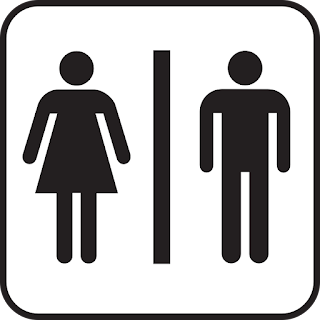After a solid year of political and
economic turmoil over the so-called “bathroom bill,” the state of North
Carolina voted to “roll back” its controversial bill in an effort to keep the
state from losing out on potentially lucrative sports and business contracts.
The bill is sure to not make
anyone happy, but the compromise should give state legislators the ammunition
they need to talk back to brands, such as the NCAA, which had previously
expressed anger about the bathroom bill. The threat of losing major college
sports tournaments, especially basketball, which is near sacred in North
Carolina, helped turn political opinion around on this one.
Economic Impact
The economic impact could have
been substantial as well. Superstar performers canceled concerts in North
Carolina, and several companies threatened to pull their conferences and hold
them in neighboring states.
North Carolina’s governor, Roy
Cooper, had opposed the law from the start, and he expressed relief after being
able to sign the compromise bill, telling the Associated Press. “For over a
year now, House Bill 2 has been a dark cloud hanging over our great state… It
has stained our reputation, it has discriminated against our people, and it has
caused great economic harm in many of our communities.”
Cooper was not the only one who
publicly praised the compromise bill, but there were critics too, on both sides
of the political divide. The ACLU was hoping for full repeal of the law,
claiming the compromise did not offer enough protections for individuals facing
discrimination.
A Sate Divided
North Carolina residents are
divided on this issue as well. As one of the most conservative states in the
nation, many in North Carolina felt their legislators were serving their
interests when they passed the original bill, and they urged them not to
compromise, even in the face of mounting criticism. These voters will not be
happy about the new bill, and they may say so at the ballot box.
And there’s a chance this version
of the bill may not even do what the legislature hopes it will: appease the
NCAA. The association’s president Mark Emmert told the AP he plans to review
the bill with his board and determine if the legislation goes far enough to
appease their interests.
At this point, it’s entirely
possible the new compromise will not have the desired effect, which would mean
North Carolina representatives alienated certain constituents and angered
special interest groups without actually solving their biggest problem. Time
will tell.
William Doonan is a tax law and legal expert in New York.
William Doonan is a tax law and legal expert in New York.

No comments:
Post a Comment